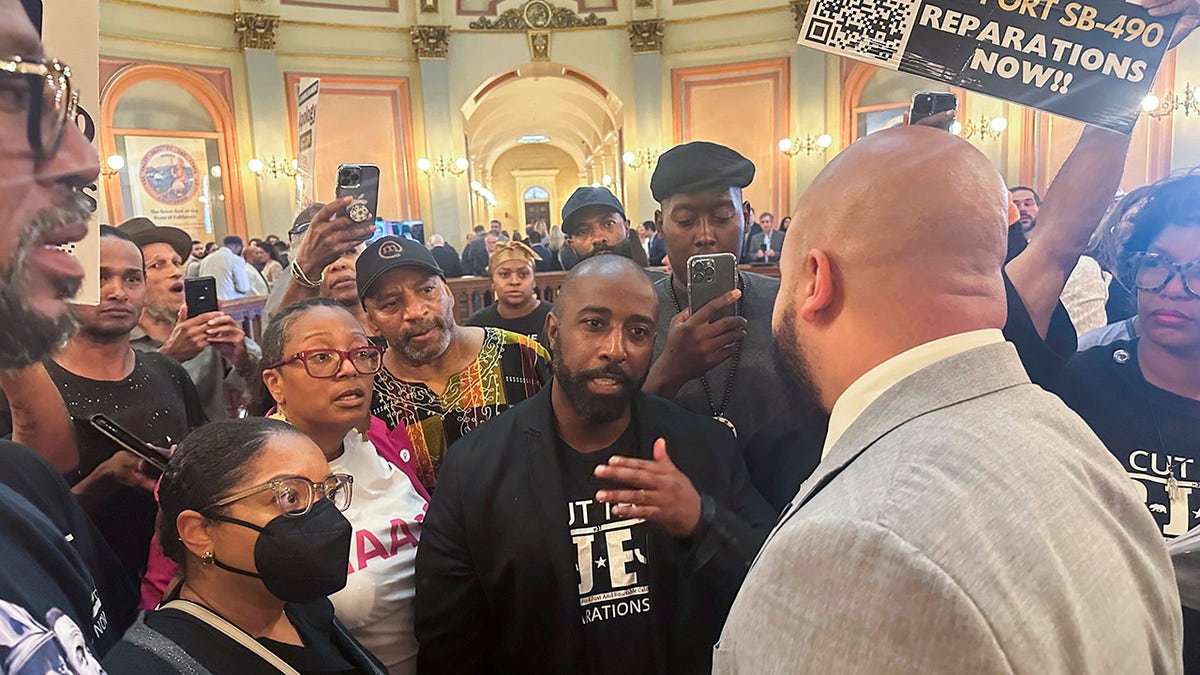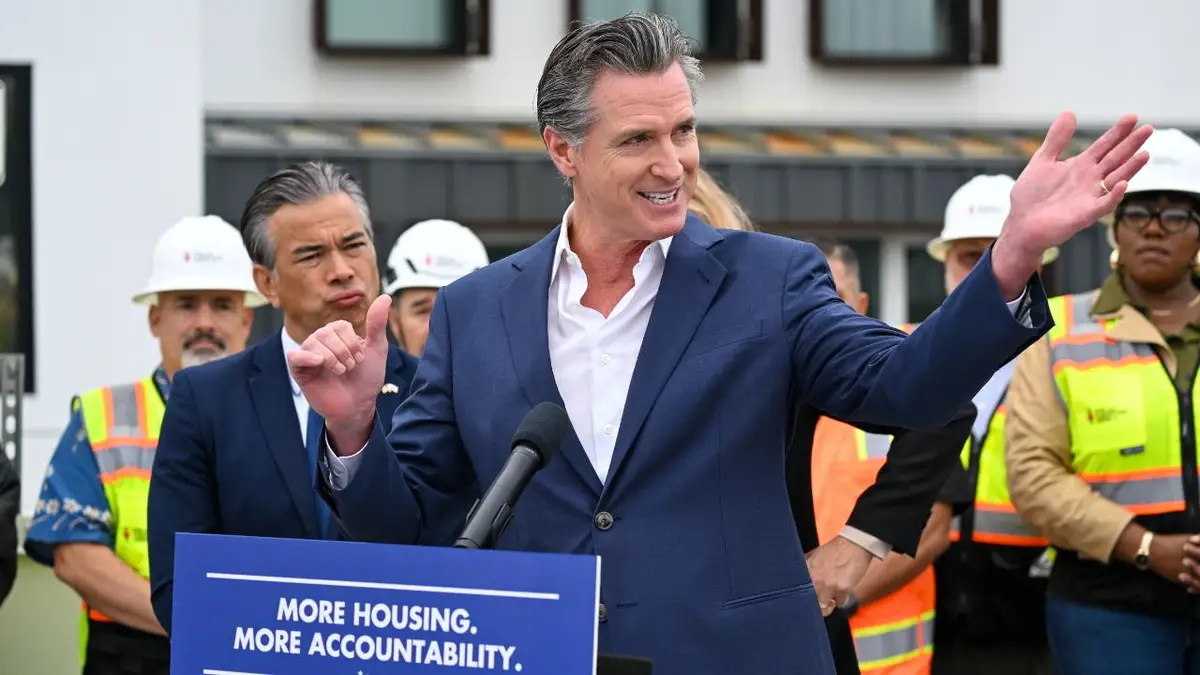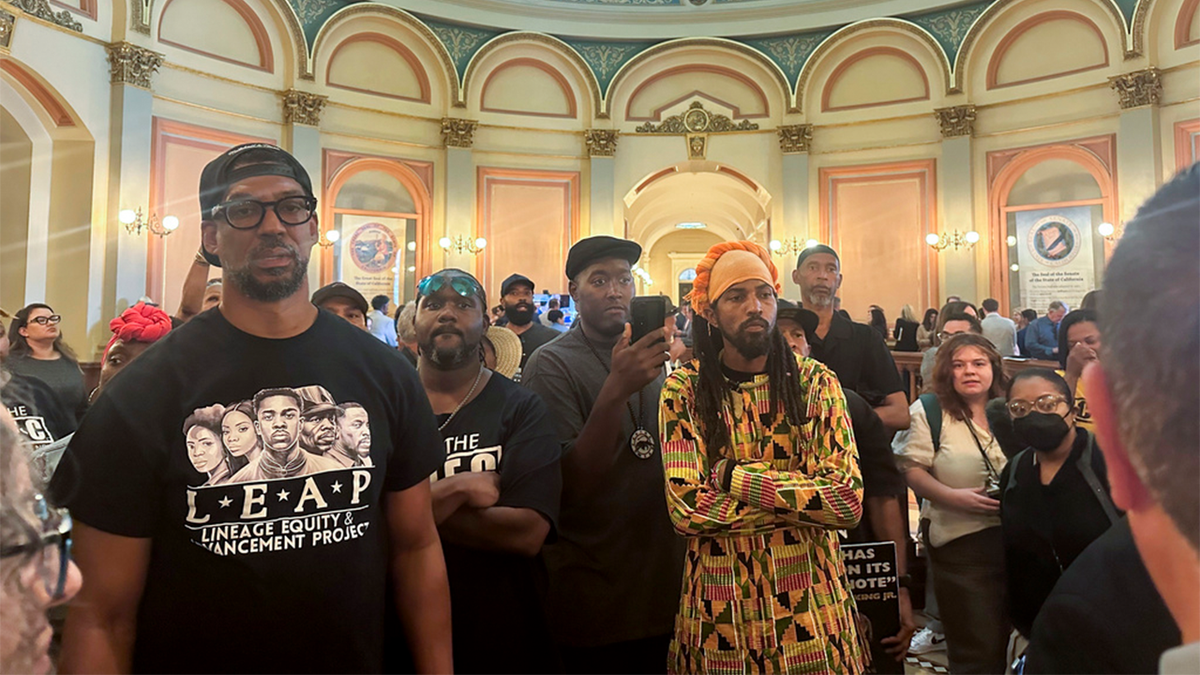The pursuit of reparations for slavery in California continues, with advocates pushing for the revival of previously shelved legislation. Kamilah Moore, Chair of the California Reparations Task Force, emphasized the community's desire for legislators to reintroduce two key bills during the upcoming special session called by Governor Gavin Newsom. These bills, SB 1403 and SB 1331, aimed to establish an agency to manage reparations programs and a dedicated fund for implementation, respectively. Both failed to advance earlier this year.

Moore speculated that political considerations, particularly the upcoming election and Vice President Kamala Harris's presidential campaign, might have influenced Newsom's decision not to support the bills. The bills were seen as crucial for the task force's efforts to address the historical impact of racist policies. While the Democrat-led legislature passed other bills related to racial justice, none involved direct payments to Black Californians.
Moore also pointed to a letter from the Black Caucus requesting $6 million for both the Black Freedom Fund and the proposed reparations agency, questioning the last-minute decision to drop the agency funding bill. Former Senator Steven Bradford attributed the bills' failure to concerns about Newsom's potential veto. The decision sparked protests at the Capitol from advocates who had been assured the bills would be considered.

Republican Assemblyman Bill Essayli, while opposing taxpayer-funded reparations, advocated for a public debate and vote on the issue. He suggested alternative approaches, like former President Trump's opportunity zones, for investing in minority communities. Two new reparations bills have since been introduced: AB 7, proposing preferential college admissions for descendants of slaves, and AB 57, allocating funds from the Home Purchase Assistance Program for the same group.

While Newsom has largely remained silent on the new bills, his approved budget includes $12 million for unspecified reparations initiatives. He has also signed legislation formally apologizing for California's historical role in slavery and its lasting impact.
Comments(0)
Top Comments